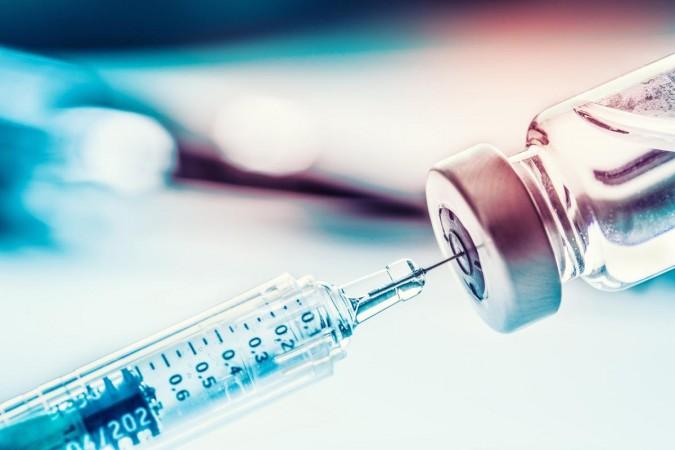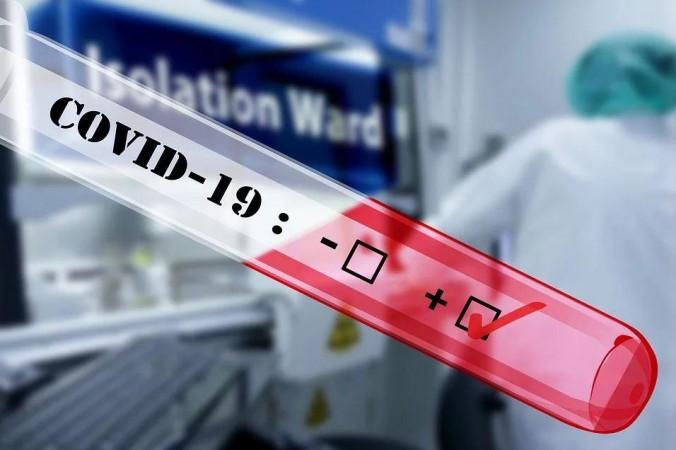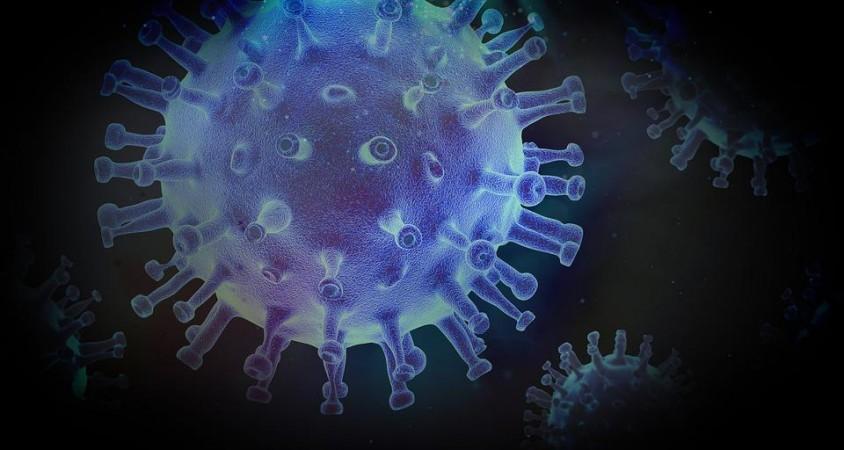Most countries across the world are leaving no stone unturned to either produce, or procure COVID-19 vaccines, and inoculate their populations. However, questions surrounding the level of protection offered by these vaccines and the intensity of the infection following vaccination in real-world conditions still persist. Now, scientists have reported that vaccinated individuals may not only experience lower severity of the disease but also have low viral loads of the SARS-CoV-2 coronavirus.
According to the new study, people who fall ill with COVID-19 despite vaccination are likely to experience milder symptoms, undergo a shorter duration of infection, and have lower viral loads, than individuals who are not vaccinated. The study was published in the journal New England Journal of Medicine.
"If you get vaccinated, about 90 percent of the time you're not going to get COVID-19. Even if you do get it, there will be less of the virus in you and your illness is likely to be much milder," said Dr. Jeff Burgess, principal investigator of the study, in a statement.
Vaccinated, or Not

The research, a prospective cohort study, utilized data of 3,975 participants from two studies—the AZ HEROES (Arizona Healthcare, Emergency Response, and Other Essential Workers Surveillance) and RECOVER (Research on the Epidemiology of SARS-CoV-2 in Essential Response Personnel). The cohort comprised of first responders, health care personnel and other essential and frontline workers, across eight locations in the US.
Between 14 December 2020 and 10 April 2021, the participants were required to complete nasal mid-turbinate (NMT) swabs for RT-PCR (reverse-transcriptase–polymerase-chain-reaction) analysis on a weekly basis. Among the recruitees were those who had received one or two doses, of either the Pfizer–BioNTech or the Moderna mRNA vaccines, or had not been vaccinated at all.
High Effectiveness and Reduced Viral Load

The authors found that the 204 participants (5 percent) had tested positive for COVID-19. Of these, five were fully vaccinated (≥14 days after the second dose); 11 partially vaccinated (≥14 days after the first dose and 156 unvaccinated. 32 of the 204 participants had an indeterminate vaccination status(less than 14 days after the first dose).
In addition to these findings, the team also gleaned that two doses of either of the COVID-19 vaccines showed an effectiveness of 91 percent against the novel coronavirus. A single dose of either of the vaccines exhibited effectiveness of 81 percent against the SARS-CoV-2 virus. The results of the study are consistent with data published in the US Centers for Disease Control and Prevention's Morbidity and Mortality Weekly Report in March.
While the researchers observed high effectiveness of the vaccines in conferring protection, they also noted that the participants who were infected (fully or partially vaccinated) had viral loads that were 40 percent lesser than those who were unvaccinated. Though viral load—the quantity of SARS-CoV-2 in a test sample—is not suggestive of the contagiousness of an infected individual, early research on the viral infection indicates that it could dictate the severity of the disease and its secondary transmission.
Shorter Duration of Illness

Along with the severity of the infection, the authors also examined its longevity. In comparison to vaccinated persons where the infection was detected for only one week, it was noticed in most of the unvaccinated participants for two or more weeks. In other words, it represented a 66 percent decline in the risk of a vaccinated individual having a confirmed infection for over a week.
Also, the risk of having fever with COVID-19 was 58 percent lower in vaccinated individuals. They reported being sick in bed for two lesser days on average. The overall length of their sickness was six days shorter than unvaccinated participants.
"We are still seeing the same high levels of vaccine effectiveness, so we feel good about that. But more importantly, we've added a number of measures of the severity of infection among individuals who have been vaccinated as a comparison to those who haven't, and we measured how much virus there is and for how long," explained Dr. Burgess.

















